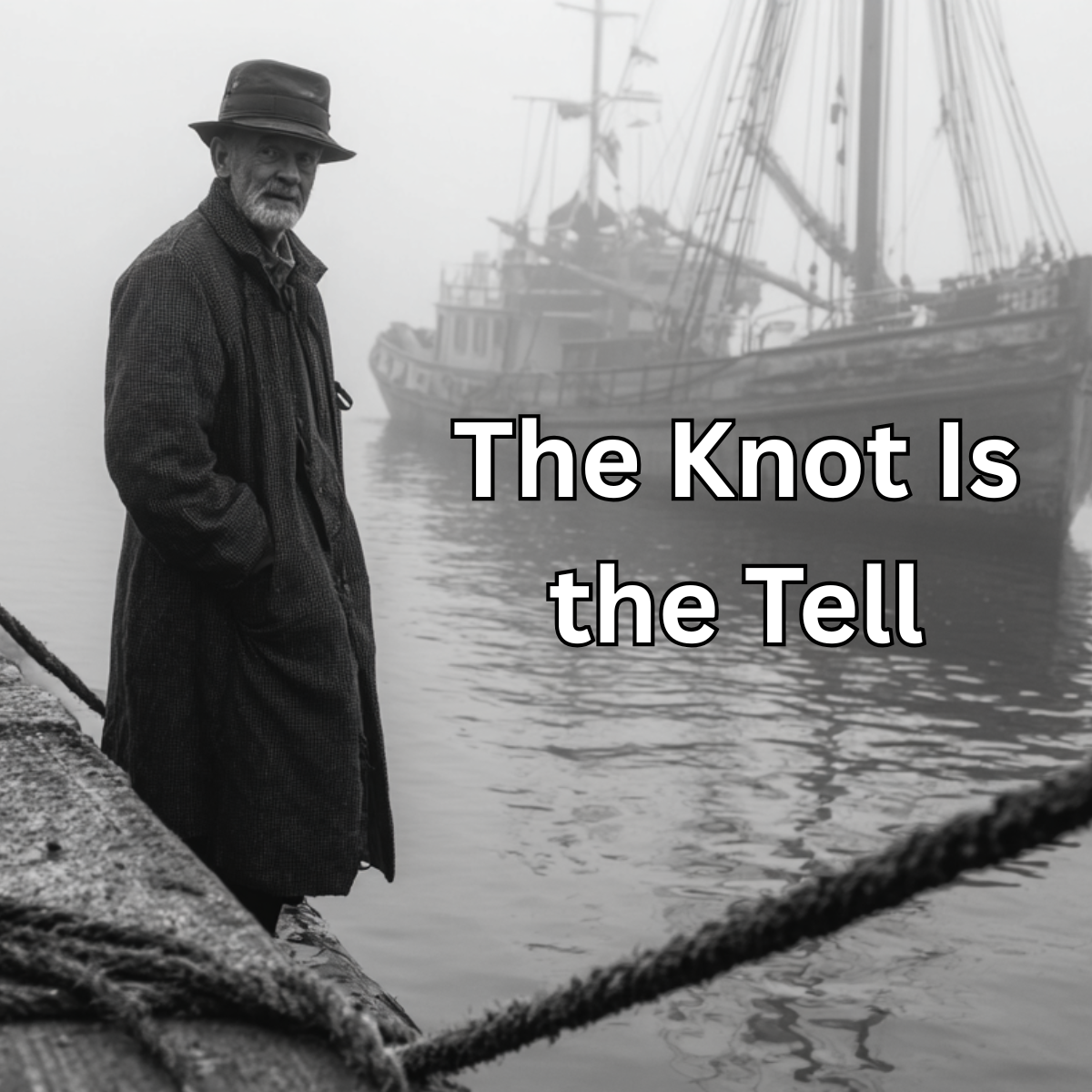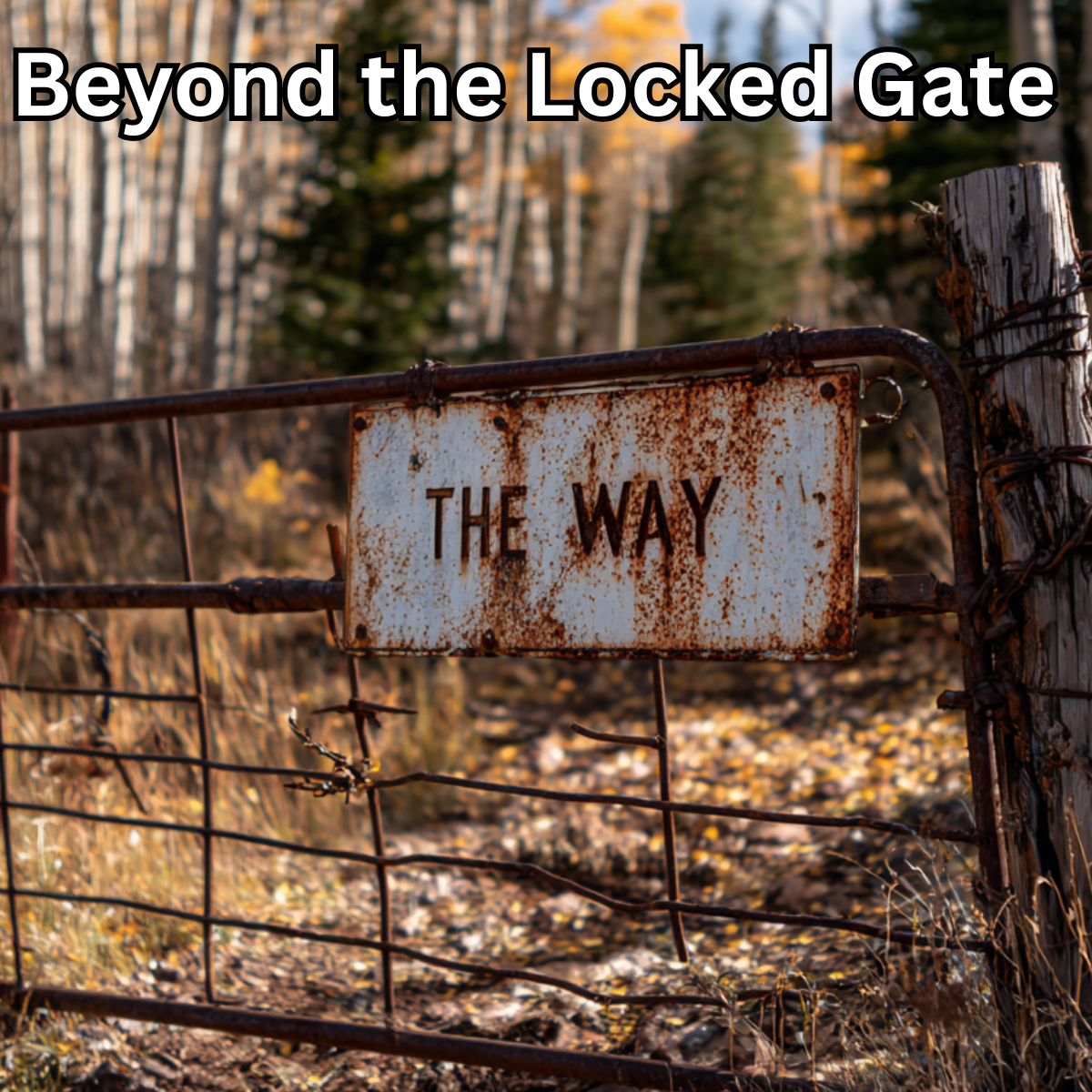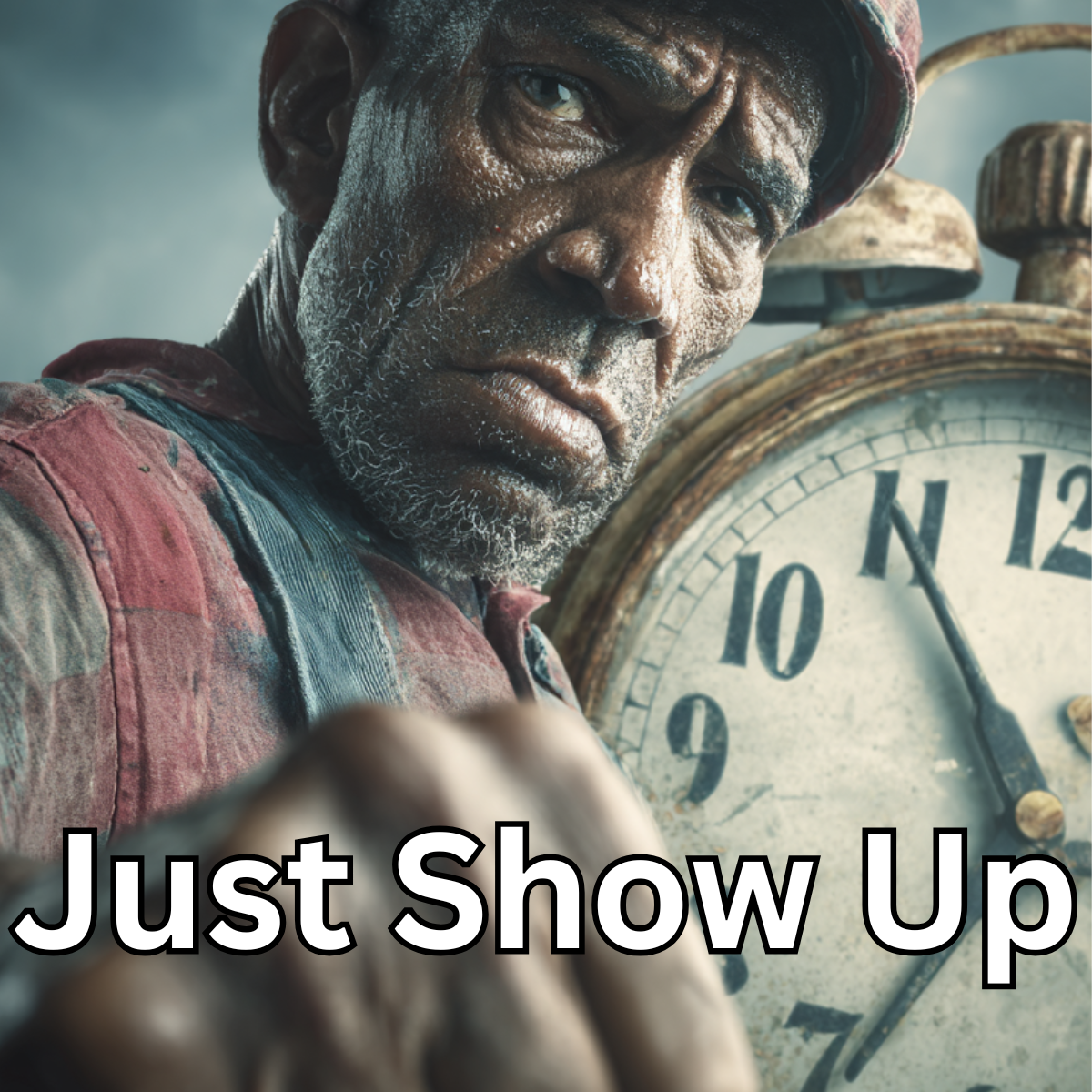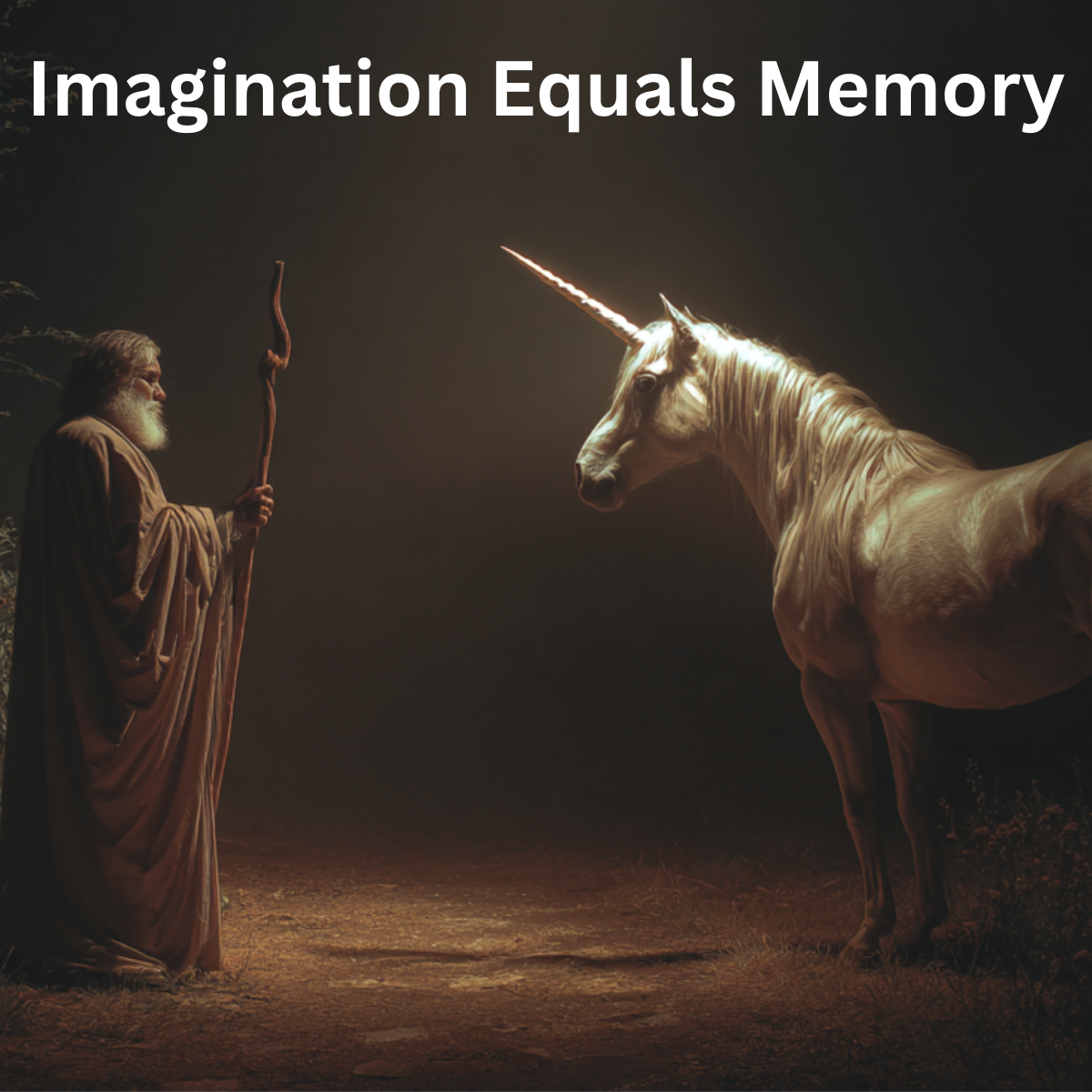We often put emotions in a bad light. I was really grumpy yesterday. I was acting irrational when I said that. I should not have been so impatient. We treat emotions as if they were stages when they are actually just transitions between stages. Emotions are are their height when specific conditions are triggered which causes us to have to transition away from a particular outcome. It can help us understand why we behave the way we do when we consider emotions are largely and adaptation to changing circumstances.
This can be good or bad. The emotion itself is not wrong, it is how we choose to act that is potentially good or bad. If we act on an emotion and choose to change course and that course ends up costing us more then our reaction to the emotion was bad. Consequently, if we experience an emotion and we make an adaptation and the result is improvement, well then our reaction was good. Looking at emotion this way can help us decipher why we act the way we do when faced with changing circumstances.
All humans are geared to have certain conditions in mind, which usually includes a goal and an idea in our mind of what that goal is going to cost us. The lazy husband wakes up out of bed and thinks, I am going to get up, go over and sit on that coach and do as little as possible and watch football all day. The ambitious wife is thinking, I am going to get this house cleaned today and be ready for the week this time and I am willing to do some work, but I want these slobs to help me. The wife presents the cleaning agenda to the husband and now he experiences an emotion. The conditions that he had setup in his mind are not met, and he is now triggering an emotion. Anger? Impatience? Aggravation? This is interesting to analyze because this is usually how relationships breakdown. Two people with different sets of goals with different amounts of effort they are willing to consume. They get upset and experience emotions without ever really thinking about why this is occurring.
So you have something you want to do. You have a certain amount of effort you are willing to put towards that goal. Then a circumstance or other person presents an obstacle that increases the cost to get to your goal and that triggers an emotion. You now have to decide if you are willing to put the extra effort in or if you need to change course and do something different. This is effectively the reason that humans experience emotions. To process this adaptation to change.
This is the light that I am now viewing my frequent bouts of impatience. When I experience this emotion, I need to ask why? What goal was I trying to achieve that just had its cost increased? Was I being unrealistic? Do I need to adjust my plans? Am I willing to put more effort in now that I have learned more? This creates a much more rational and understandable response to changing circumstances. I view impatience now as an important clue as to the fact that I have sensed and understood a changing cost to my goals that I am trying to achieve.




